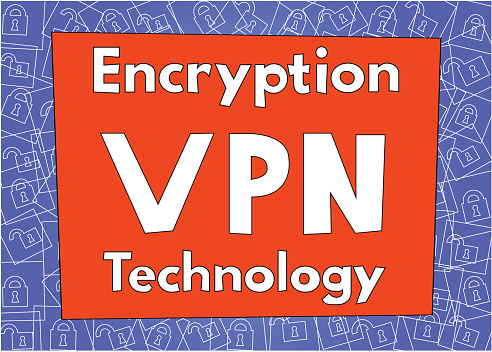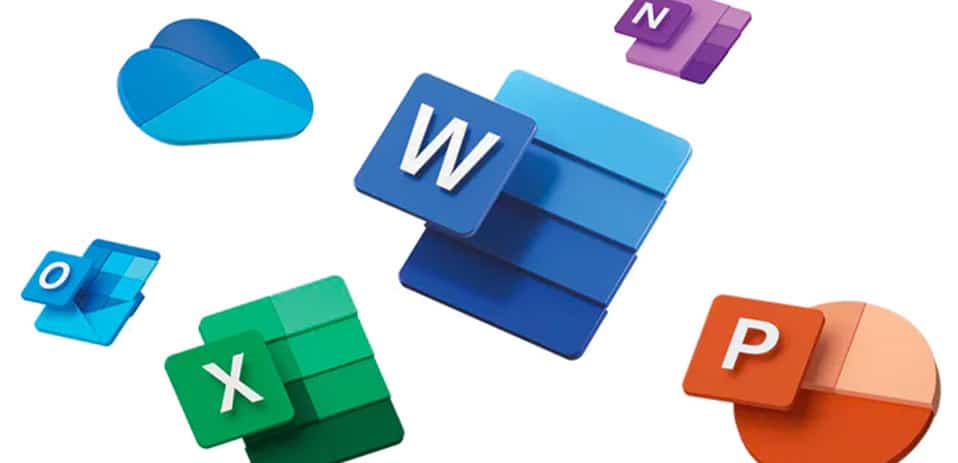What a Virtual Private Network Is and Isn’t.
Virtual private networks are an understandably complex topic. We shatter all the myths here—Read on so you’re informed.
VPN is an acronym for “virtual private network.” It’s a term that describes a popular way to extend a private network across a public one (like the Internet).
Think of a VPN as a special lane on the highway that only you and your employees can use. You’re still traveling up the Interstate with hundreds or even thousands of other cars— Yet, anything you do in your lane stays safe and secure at all times.
VPNs are essentially like this, just played out across the technological landscape. They’re a fast, efficient and (most importantly) a secure way for you to send and receive information over the Internet without worrying about identifying the information being compromised.
Myth #1: Free VPNs Are Perfect for Your Business.
Perhaps the biggest myth surrounding VPNs is that you shouldn’t have to pay for them because there is a wide range of free options available. When you need a VPN for business use, this is absolutely not the case. Paid VPNs not only offer a higher level of security by way of better encryption, but they also provide faster speeds and larger data allotments.
Myth #2: VPNs Are Too Slow to Use.
Many people think that because VPNs encrypt data at the device level before transmission, they’re too slow to use for most professional purposes. This is only true if you’re talking about a free option. If you’re willing to pay for your VPN service (and you should be) this isn’t an issue because you’ll get priority service.
Myth #3: VPNs Are Too Hard to Use.
Another common misconception is that they’re too hard to use unless you’ve got an advanced level of technical knowledge. This may have been the case at one point, but it isn’t today. While configuring your VPN may take some time, it really isn’t difficult to do. Once you get your service up and running, you won’t have to think about it again. You’ll be able to use the Internet the same way you always have.
Myth #4: VPNs Are Completely Anonymous.
Many people think that because VPNs offer a sophisticated level of data encryption, their online activities are totally anonymous. This isn’t so. While it’s true that 256-bit encryption is difficult to break, it isn’t impossible. Likewise, your VPN provider will keep a log of some or all of your activities for a period of time dictated by the terms of service. You’ll be more anonymous and more protected than ever before, but nothing in life is certain – especially when you’re talking about technology.
Myth #5: All VPNs Are Created Equal.
This is another myth that creates problems, particularly among enterprise users. People think that because all VPNs work in essentially the same way, those VPN providers are all the same. In reality, there are a number of factors that separate one provider from another. Speed, supported platforms, the number of available servers, and price all play significant roles in the quality of the service you’ll receive. As always, it’s best to shop around to ensure you’re teaming with a VPN provider who can meet your needs.
Myth #6: When You Use a VPN, You’re Totally Safe Online.
Unfortunately, a lot of people think that because a VPN offers increased privacy and security, they are totally protected online. Just because you have a VPN doesn’t mean you can do whatever you want online (like clicking on that link in an email from a recipient you’ve never heard of without fear of consequence).
A VPN isn’t a suitable replacement for antivirus software, network protections, and good, old-fashioned common sense. All a VPN does is offer additional protection while you’re online, and allow you to keep some of your activities private. That’s it.
A virtual private network was not, nor will it ever be, designed to keep your browser safe and secure. As a business leader, you should continue to invest in additional training for your employees to prevent costly mistakes that could easily lead to a data breach or other cyber incident.
One thing’s for sure: As privacy and security become more important in today’s fast-paced digital world, technologies like VPNs are going to become more essential. However, at the same time, it’s important to always do your research to make sure you understand what a virtual private network can and cannot do. Only then, do you stand the best chance to stay safe from the types of people who want to do you harm?
If your business is in {city}, and you’d like to find out what type of virtual private networks is best for your purposes, contact {company} at {phone} or {email}.




